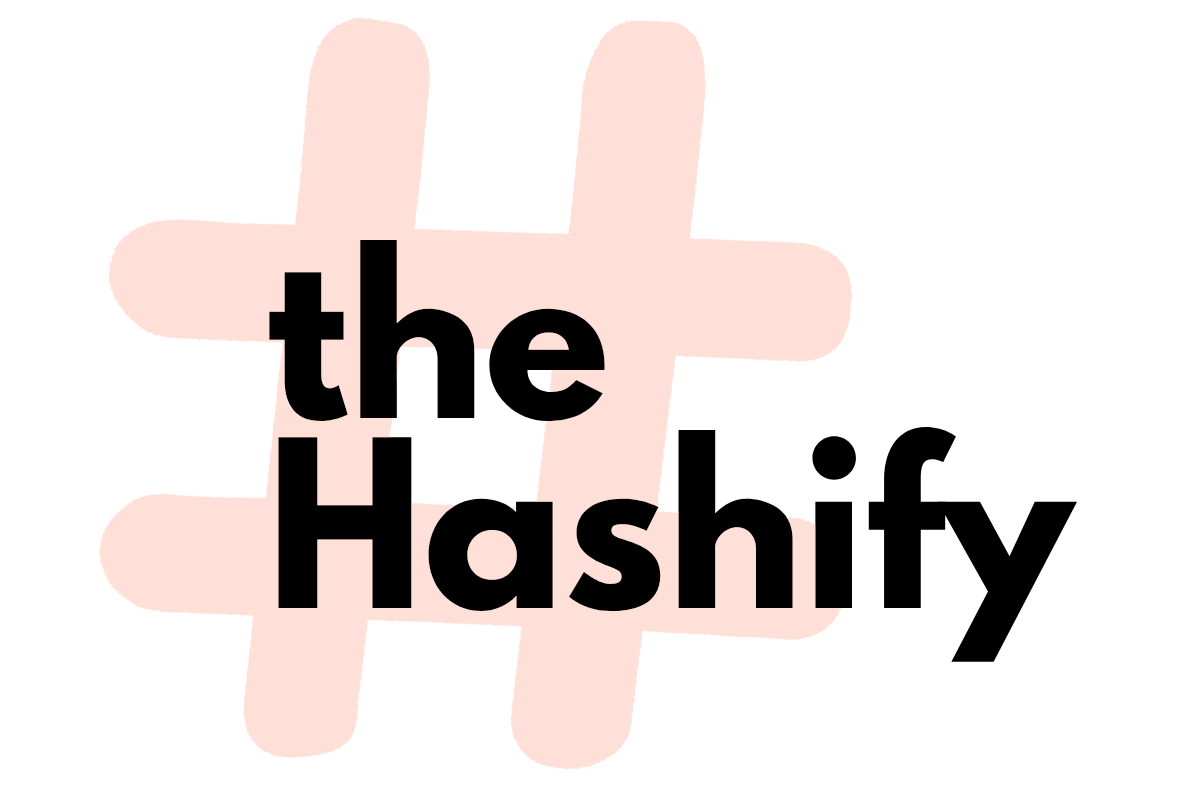Performance Max – Game Changer or Overhyped?
- thehashify DMM
- Aug 15, 2025
- 3 min read

I’ve been running Google Performance Max (PMax) campaigns for clients across industries — education, healthcare, retail, real estate, SaaS, and more.
And here’s my honest opinion: I don’t recommend it for small budgets or when you need leads yesterday.
PMax is powerful, but it’s not a magic button. Sometimes it’s incredible, sometimes it’s frustrating, and most times it needs patience before showing its real potential.
1. PMax Adoption Is Surging
Google says 80%+ of Shopping advertisers have switched to or are using PMax alongside other campaigns.
In lead generation, usage has grown by 60%+ year over year because it covers Search, Display, YouTube, Discovery, Gmail, and Maps in one campaign.
Businesses in education, healthcare, real estate, SaaS, and hospitality are testing it — some for scaling, some just because it’s the “next big thing.”
Reality: Yes, adoption is high. But high usage doesn’t mean universal success.
2. The Timing Matters – PMax First vs. PMax Later
Here’s something I’ve learned the hard way — launching PMax right at the start of a campaign is very different from launching it after other executions (like targeted Search, Display, or remarketing) and with refined audience signals.
PMax at the Start: Often wastes budget on broad targeting, especially without brand awareness or warm traffic.
PMax After Initial Campaigns: Performs far better when fed with audience signals from actual converters, remarketing lists, and engagement data.
Example — for a SaaS client, launching PMax directly gave us a 3.2% conversion rate.Running 4 weeks of Search + Display first, collecting audience data, then starting PMax with those signals? Conversion rate jumped to 7.4%.
3. It’s a Long-Term Engine, Not a Quick Fix
In almost every training session I conduct, someone asks:“If we launch PMax, will we get more leads and sales right away?”My answer: Not exactly.
For one education client, CPL dropped from ₹1,400 to ₹580, but only after 6 weeks of running PMax with consistent creative updates, audience refinements, and data from earlier campaigns.On the flip side, a healthcare lead-gen campaign that launched PMax cold didn’t see meaningful traction in 4 weeks.
4. Where PMax Shines
Multiple Touchpoints: Perfect for industries where customers need repeated exposure before converting.
Creative-Driven Growth: Strong visuals, videos, and testimonials get amplified across channels.
Automation: Works beautifully when scaling campaigns that already have proven audiences.
5. Where PMax Struggles
Small Budgets: Under ₹50K/month often means not enough data for optimisation.
Lack of Control: Limited placement visibility and no keyword-level bidding.
Variable Lead Quality: Some campaigns deliver gold, others bring noise.
6. Real-Time Applications Across Industries
Education: Branding + nurturing over multiple weeks before enrolment push.
Healthcare: Awareness for elective treatments or specialist services.
Retail/E-commerce: Scaling product sales with strong creatives.
Real Estate: Works for long buyer journeys when paired with retargeting.
SaaS: Building awareness and collecting warm leads before sales calls.
7. Honest Advice Before You Launch PMax
If you have:
✅ ₹50K+/month budget
✅ High-quality creative assets\
✅ Audience signals from past campaigns
✅ Patience for 4–8 weeks of optimisation
PMax can be a powerful long-term lead-gen or sales engine.
If you have:
❌ Minimal budget
❌ Need leads in a week
❌ No creative assets or audience data
Start with Search + Display, then bring in PMax once you’ve built up traffic and audience lists.


Comments